

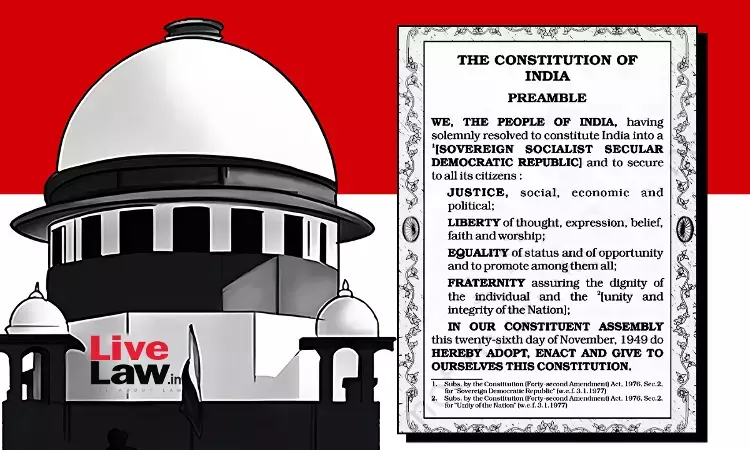
The Indian Supreme Court has rejected multiple petitions challenging the addition of the words "Socialist" and "Secular" in the Preamble of the Constitution. The Court, led by Chief Justice Sanjiv Khanna, stated that the Parliament has the power to amend the Constitution, including the Preamble. The Court also noted that secularism is a core feature of the Constitution and has been upheld in previous judgements. The petitions argue that the concept of "Dharma" and the failure of the Communist theory of state make the insertion inappropriate and that Indian citizens should not be compelled to be secular.
Supreme Court Upholds Parliament's Authority to Amend Constitution's Preamble
Background
The Preamble to the Constitution of India is a concise yet profound statement that sets forth the fundamental principles and aspirations of the Indian nation. Originally adopted in 1949, it has been amended several times over the years.
In 1976, during the Emergency period, the 42nd Amendment Act added the words "Socialist" and "Secular" to the Preamble. These additions aimed to reflect the nation's commitment to social justice and religious tolerance.
Recent Petition Challenges
In 2019, several petitions were filed in the Supreme Court challenging the validity of the 42nd Amendment. The petitioners argued that the addition of the words "Socialist" and "Secular" was inappropriate and violated the basic structure of the Constitution.
Supreme Court's Decision
In June 2022, a five-judge bench of the Supreme Court, led by Chief Justice Sanjiv Khanna, unanimously dismissed the petitions. The Court held that the Parliament has the power to amend the Constitution, including the Preamble. The Court also emphasized that secularism is a core value of the Constitution and has been consistently upheld by the judiciary.
Top 5 FAQs
1. What is the Preamble to the Constitution of India?
The Preamble is a brief statement that sets out the ideals and objectives of the Indian nation. It articulates the commitment to democracy, equality, liberty, and secularism.
2. When were the words "Socialist" and "Secular" added to the Preamble?
The words "Socialist" and "Secular" were added to the Preamble through the 42nd Amendment Act in 1976.
3. Why did the petitioners challenge the amendments?
The petitioners argued that the additions were inconsistent with the concept of "Dharma" and the failure of the Communist theory of state. They also claimed that citizens should not be compelled to be secular.
4. What did the Supreme Court rule?
The Supreme Court upheld the amendments, stating that the Parliament has the authority to amend the Constitution. The Court also affirmed the importance of secularism as a core value.
5. What is the significance of the Supreme Court's decision?
The decision confirms the Parliament's power to amend the Constitution and reinforces the principle of secularism as a fundamental aspect of India's constitutional framework.

In a historic moment for democracy, hundreds of Pakistani Hindu refugees in Delhi exercised their right to vote in the Assembly elections for the first time. After years of living in uncertainty and statelessness, these refugees, who were granted Indian citizenship under the Citizenship (Amendment) Act, finally had a voice in shaping the future of their adopted homeland. This powerful moment stands as a symbol of their journey and struggle, and brings hope for a better future for the community as they participate in the democratic process.
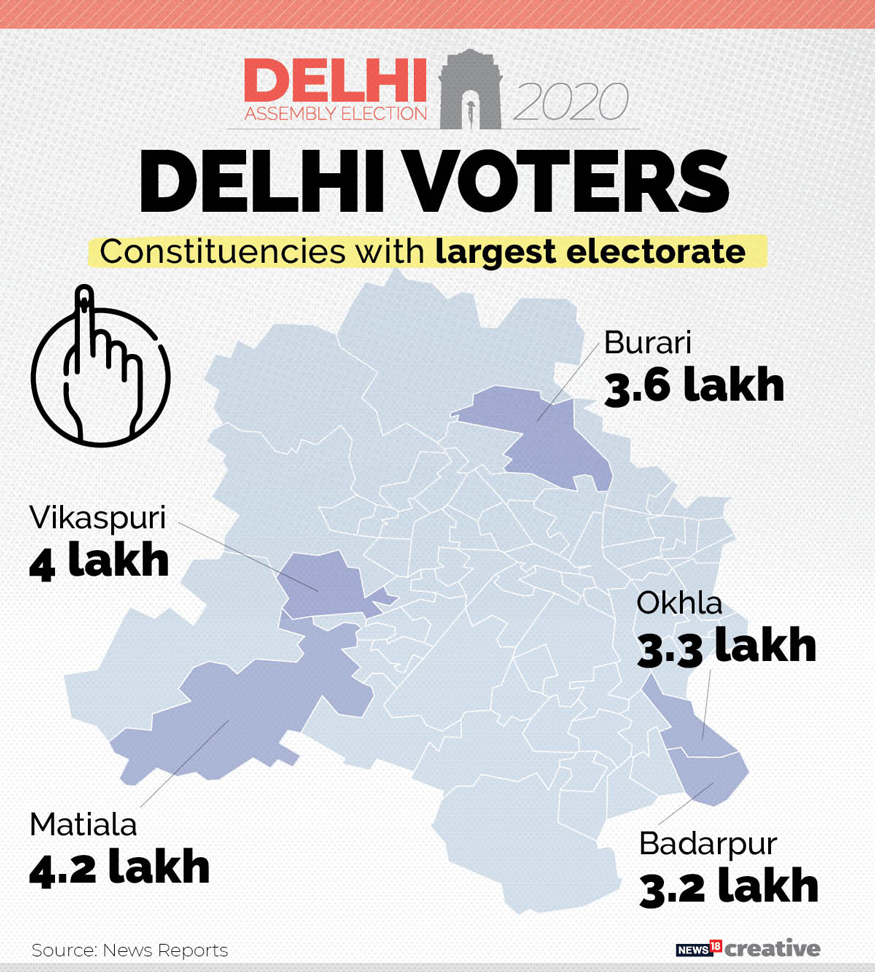
With polling underway in Delhi's 70 assembly constituencies, the Election Commission has reported a voter turnout of 46.55% as of 3 pm. The Northeast district recorded the highest turnout at 52.73% while the New Delhi district saw the lowest at 43.10%. This crucial election will decide the fate of 699 candidates and has drawn high-profile voters such as President Droupadi Murmu, Vice-President Jagdeep Dhankhar, and Delhi Chief Minister Arvind Kejriwal. Stay updated with the latest political news and stock market updates on Zee Business.
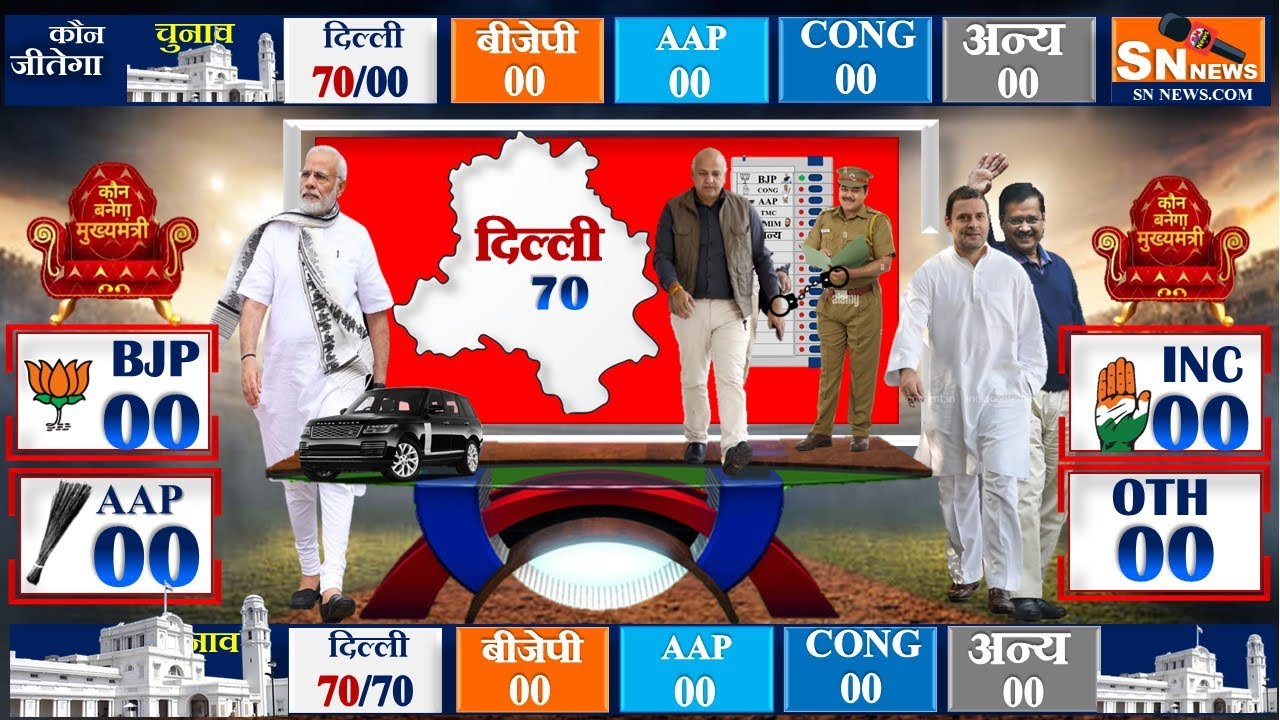
As Delhi goes to polls with a voter turnout of 46.55% till 3 pm, chaos erupts in several constituencies due to allegations of fraudulent voting. Key candidates from major parties face tough competition as the AAP aims for a third consecutive term, while the BJP and Congress strive for a comeback. The pre-poll discourse was marked by fierce campaigning and aggressive name-calling, with issues ranging from welfare schemes to corruption and water quality. In the midst of this, the DCP of South East Delhi dismisses allegations of voter bribery in Sarai Kale Khan.

With Delhi's Assembly elections just around the corner, the BJP has brought attention to a report by JNU professors on the alleged negative impacts of Rohingya and Bangladeshi infiltrators on the city's infrastructure. The research reveals a demographic shift in areas such as Seelampur, Jamia Nagar, and Zakir Nagar. BJP spokesperson Sambit Patra claims that these infiltrators have taken over jobs from Indian workers, with the support of AAP and Congress. The issue of fake voter identities and criminal connections is also addressed in the report.
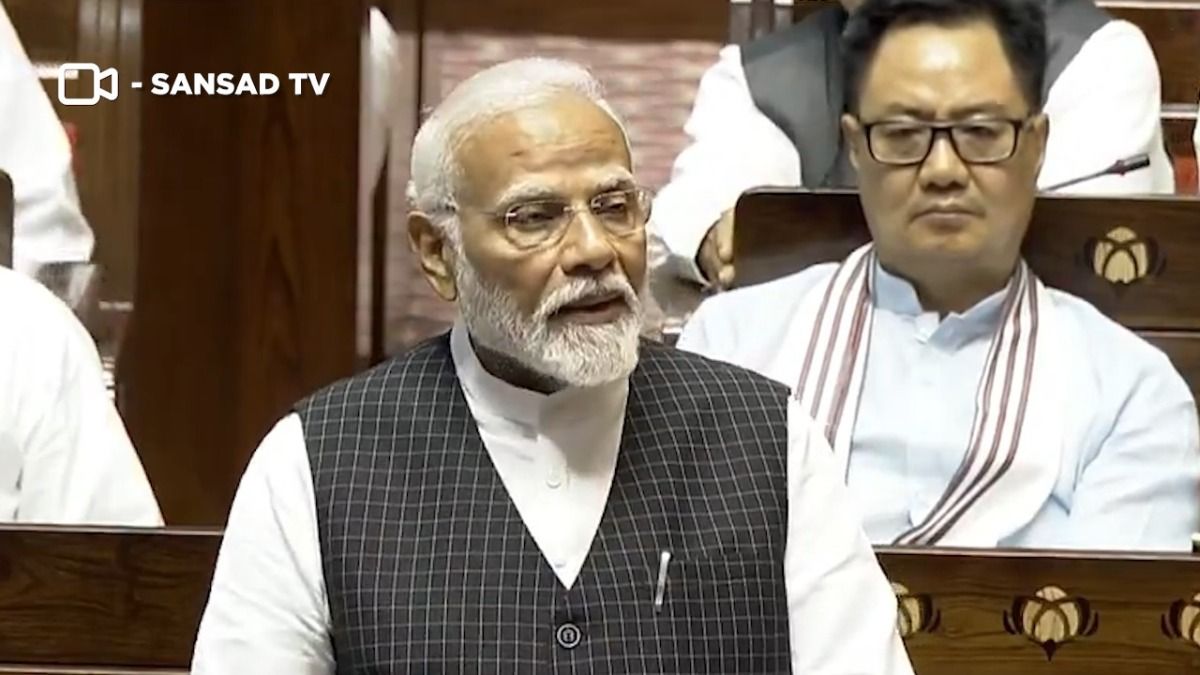
In a fiery Lok Sabha speech, Prime Minister Narendra Modi responded to criticism from the opposition by highlighting his government's achievements in real development for the people. He also took a dig at Leader of Opposition Rahul Gandhi and AAP convenor Arvind Kejriwal for prioritizing photo opportunities over the needs of the poor. Modi emphasized that the President's address further strengthened the government's commitment to a developed India.

Director of Public Prosecutions Roger Gaspard is still waiting for updates from the police regarding their investigation into Commissioner of Police Erla Harewood-Christopher. Sources have revealed that Gaspard has requested certain information from the National Security Council in relation to the case. Harewood-Christopher's attorney Pamela Elder SC maintains that there is no evidence against her client. However, Gaspard has not received any updates from the police since Saturday.
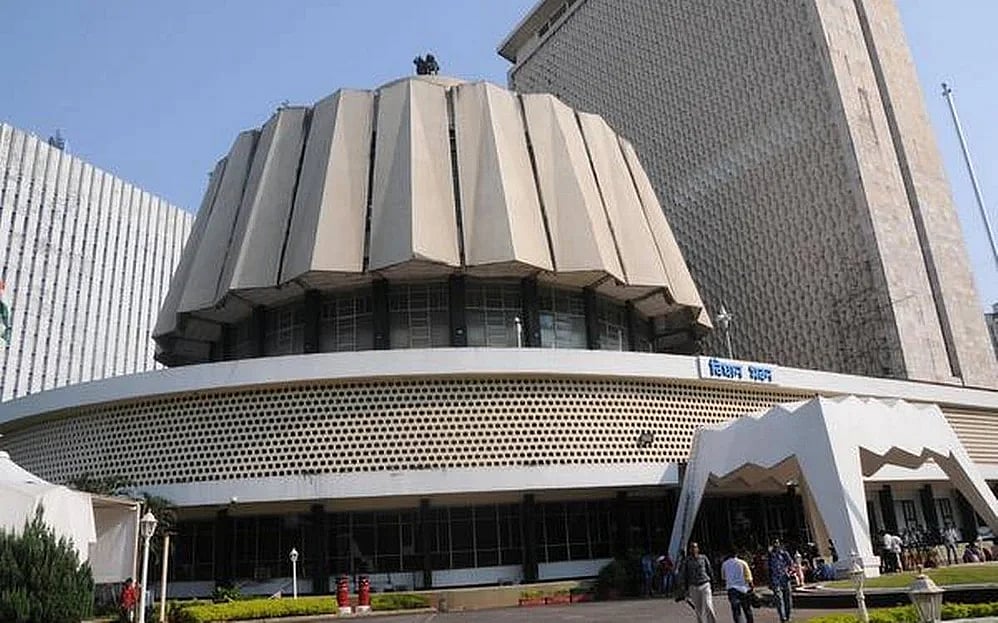
The state planning department of Maharashtra has released a notification stating that all government and semi-government officials must speak in Marathi while at work. Those who do not comply may face disciplinary action. This rule aims to promote and protect the Marathi language and culture within the state.
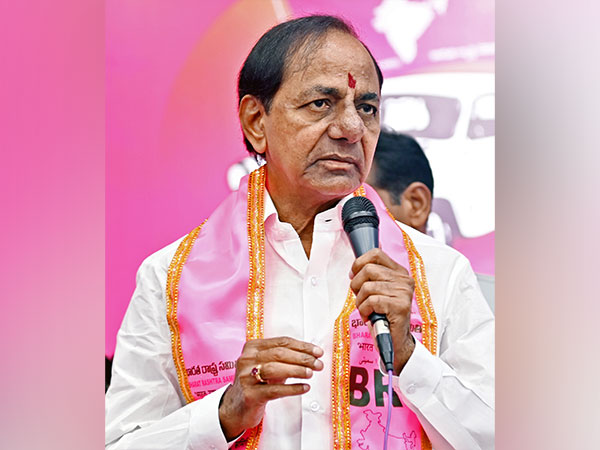
Telangana's Minister N Uttam Kumar Reddy denied the BRS party's claims that the launch of new schemes would affect ongoing schemes. During an informal media interaction, he stated that the BRS was spreading false information for their own political gain. The Minister reassured that the ongoing schemes would continue without any impact. He also added that the current government has successfully implemented numerous welfare schemes and is committed to providing good governance.
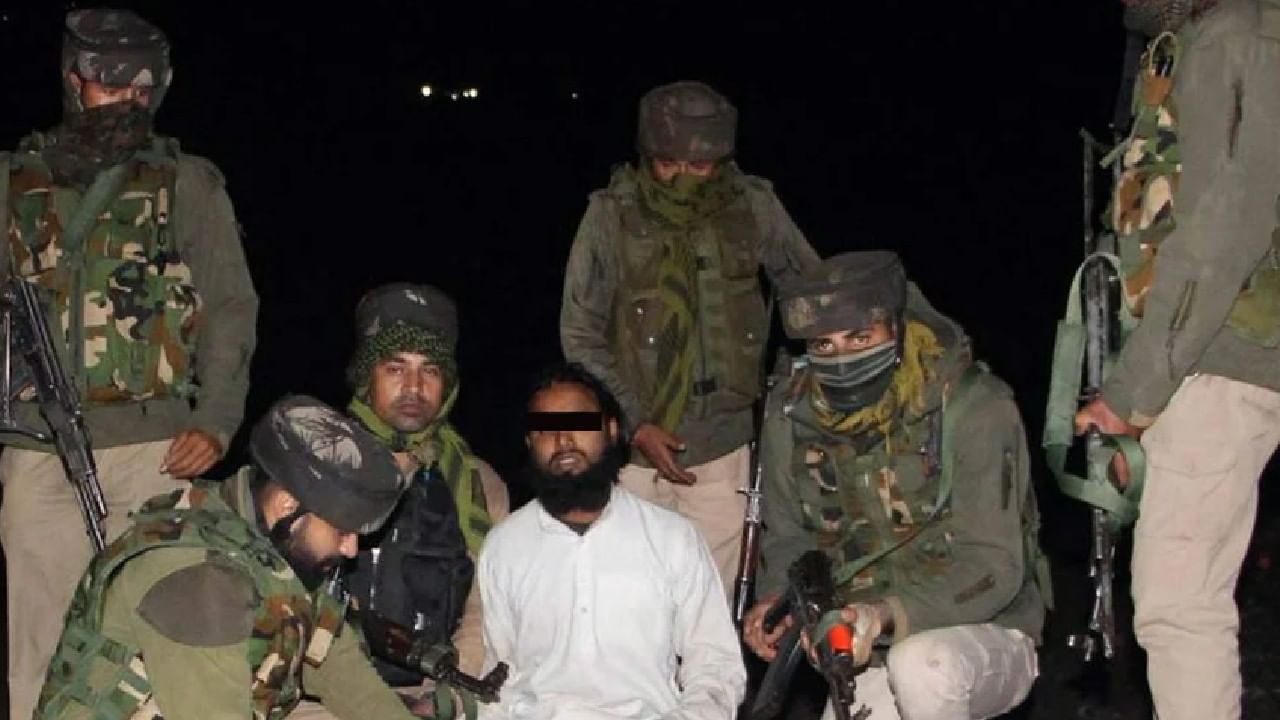
The Lt Governor and Chief Minister of Jammu and Kashmir have both strongly condemned a terrorist attack that took place on Monday, resulting in the death of an ex-serviceman and injuries to two women. The LG has vowed to punish the perpetrators and provide support to the victims, while the CM has expressed condolences and called for an end to such heinous violence in their society. Other political figures, including former chief minister Mehbooba Mufti and APni Party president Altaf Bukhari, have also spoken out against the attack and offered prayers for the injured.
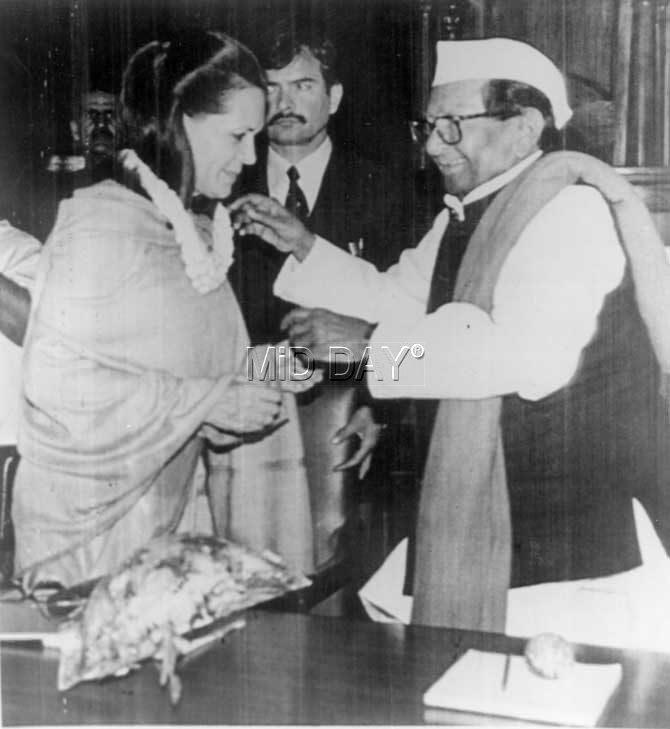
BJP MPs have filed a Notice for Breach of Parliamentary Privilege, Ethics, and Propriety against Congress leader Sonia Gandhi for her alleged derogatory and slanderous remarks against the President. The move comes amid increasing tensions in Parliament as the BJP accuses Gandhi of violating ethical standards. Meanwhile, Priyanka Gandhi Vadra praised Rahul Gandhi's speech, stating that a leader's words should present a clear vision for the country. Entertainment Priyanka Gandhi Vadra Praises Rahul Gandhi's Parliamentary Speech Amid ongoing tensions in Parliament, Congress leader Priyanka Gandhi Vadra lauds her brother Rahul Gandhi's speech in Lok Sabha. She states that a leader's speech should lay out a clear vision for the country, and that she was impressed by his words. The speech comes amidst the ongoing Budget Session, which saw proceedings in the Rajya Sabha adjourned for the day.